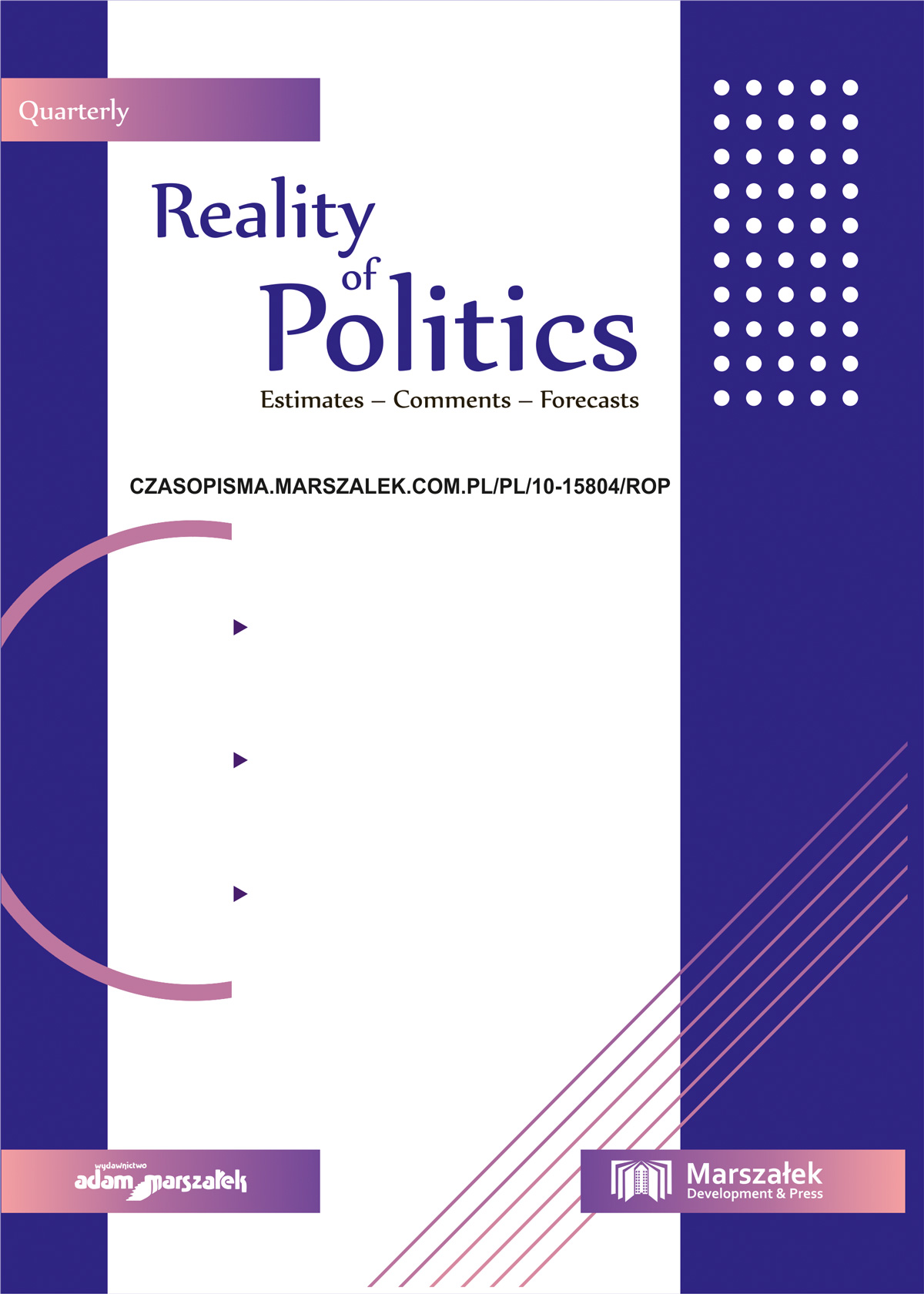THE ROLE OF THE EUROPEAN UNION AND DEMOCRATISATION PROCESS IN POST-COMMUNIST ROMANIA
THE ROLE OF THE EUROPEAN UNION AND DEMOCRATISATION PROCESS IN POST-COMMUNIST ROMANIA
Author(s): Mukesh Shankar BhartiSubject(s): Political history, Transformation Period (1990 - 2010)
Published by: Wydawnictwo Adam Marszałek
Keywords: The European Union; Eastern Europe; Romania; Democratisation; Institutions; Communism;
Summary/Abstract: The fall of Communism in the Central and Eastern European countries in the year 1989, was a historical change had occurred after the demise of communism. The decline of the Berlin Wall in November 1989 was one of the most important proceedings of the period: the conclusive end of the Cold War and the Iron Curtain. After the disintegration of the former USSR, the Eastern bloc had started the modernisation of institutions and adopted the norms of demo- cracy. The third wave of democratisation of Samuel P. Huntington’s theory would apply the de- mocratic changes in Central and Eastern Europe and Romania as well. It traces the discussions and opinions of institutional and political development in Romania with special attention to the events around 1989 Post-communism and Eastern enlargement of the European Union. The paper assesses the role of the European Union to promote democratization through Eastern neighbour policy. The paper broadly discusses the institutional and political development in Romania and the role of Copenhagen criteria and the country’s accession to the EU in early 2007. The result of this article is that Romania has successfully integrated into the European Union but that democratization is declining in the country.
Journal: Reality of Politics. Estimates - Comments - Forecasts
- Issue Year: 23/2023
- Issue No: 1
- Page Range: 7-33
- Page Count: 27
- Language: English

